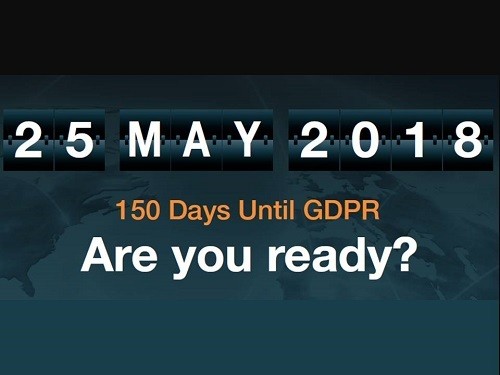Your customer's decision process
'Sales funnels' is a jargon term used to explain a process of attracting, nurturing and converting leads. This needs to be in a logical process for the customer, whereas as Miriam Shaviv explains in this post, too many companies just pump out content without thinking it through.
"A sales funnel is basically a system to attract, nurture and convert your leads. So, when you think of the way that lots of companies do digital marketing, it's a little bit random. They're pumping out a lot of content, but there's not necessarily any order or any significance to the order that they're pumping out that content. So, when you think about that again from the point of view of the person, seeing all that content, they are seeing a lot of content from you, but it's not in a series that really makes sense or in an order that really that makes sense. So, there's no process there, but actually when you think about buying, people go through a mental process in order to buy. Especially if you're buying. It's different if you're buying a pencil, right? You may wake up in the morning, say, "Hey, I need a pencil," and just go buy it quickly.
"No one wakes up in the morning and says, "Hey, I need a new car," and then by the end of that day, has a car"
But if you're buying anything of any real value, no one wakes up in the morning and says. "Hey, I need a new car." And then by the end of that day, they have a car. They go through a mental process. Where, over time, they realise that they need something. Maybe there's a problem with the car that they already have, just to stick to that analogy. They start thinking about getting a new one, they do a little bit of research, "What's out there?" Then they decide. "Okay. I'm serious about this, I'm actually going to buy something." They go test, they narrow it down to a couple of choices, they test drive a car and they figure out where they're going to buy it from. Finally, they make the purchase, and then they may buy. A few months later, they may decide, "Hey, there's a few extra bits and pieces, I wish I had, or maybe I need an MOT." There's bits and pieces they may buy after they've bought the actual thing.
So, it's actually going through a process. A lot of it is psychological, right? So, coming to the realisation that you have a problem, that you need to do something about it, making certain decisions. And when you build a sales funnel, you're basically taking all your content and you're structuring it in a way, that leads people through that process. So, you're actually helping them make that decision, and you're bringing them towards the buying decision faster, and you're helping them through it.
"When I was in my twenties, and I was dating, you didn't just get up in the morning and marry someone"
Another analogy that I always use for this is dating. Admittedly, I'm in my forties now and I haven't dated for a long while so, I don't really know how people do it nowadays. But, when I was in my twenties, and I was dating, again, you didn't just get up in the morning and marry someone. At least most people didn't, but you went through a process, right? You hung out in places where you might meet someone, you saw someone that you liked, they asked you out, maybe you asked them out, you went on a date, saw if it worked, got into a relationship, got engaged, got married. You had to do things in a certain order to make the relationship deeper, and with the sales funnel, that's literally what you're doing. You are building a system, to meet the right people, attract their attention, get their details. So, the same way in the dating, once upon a time you would've gotten people's number, you literally get people's email address, and then you have to figure out how to follow up, and say the right things to them in order to get them to buy. And then once they're buyers, you usually want them to buy more or to buy again, and that's basically what the sales funnel is.
This is an edited extract from Miriam's interview on the Email Marketing podcast.



